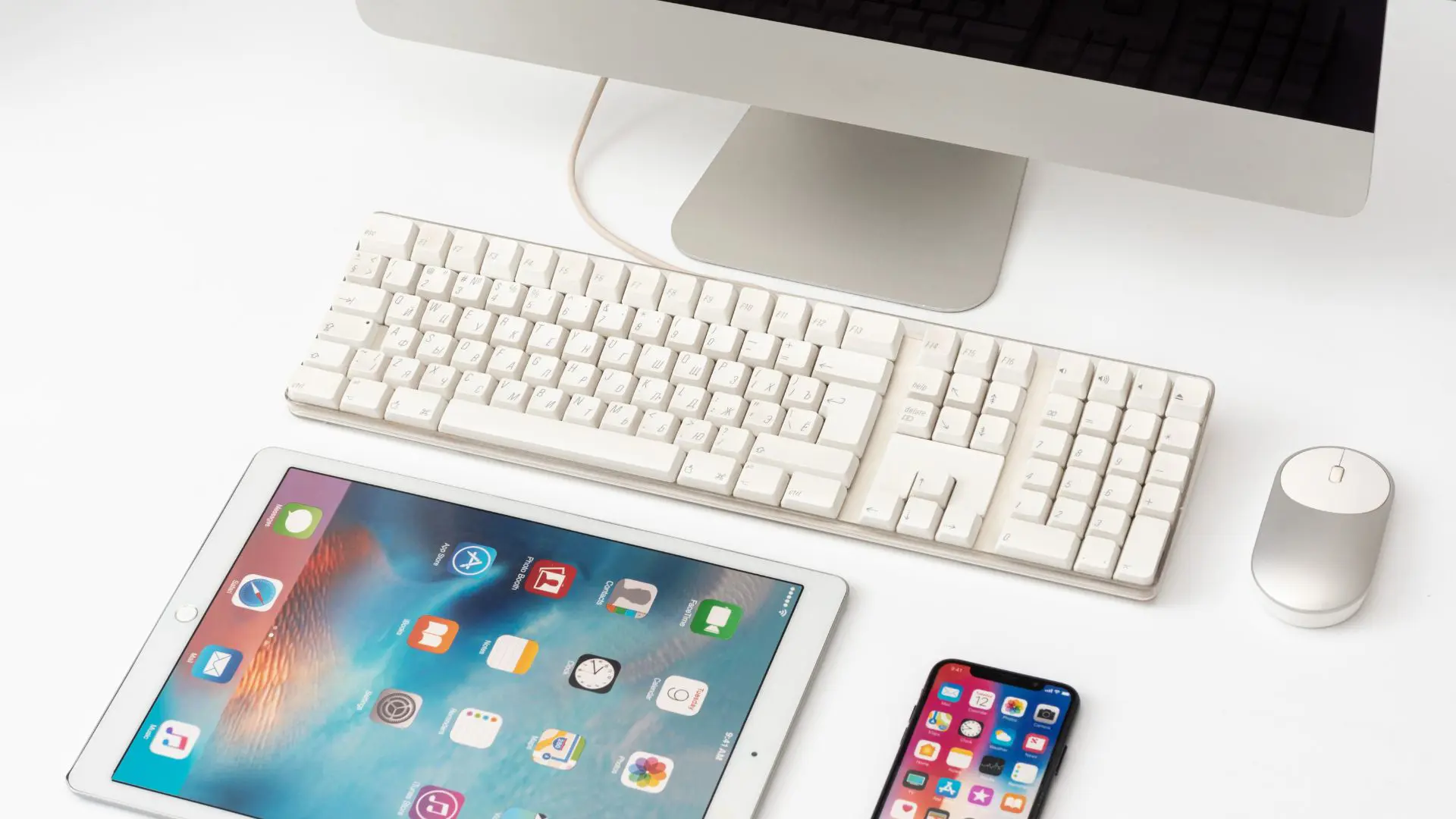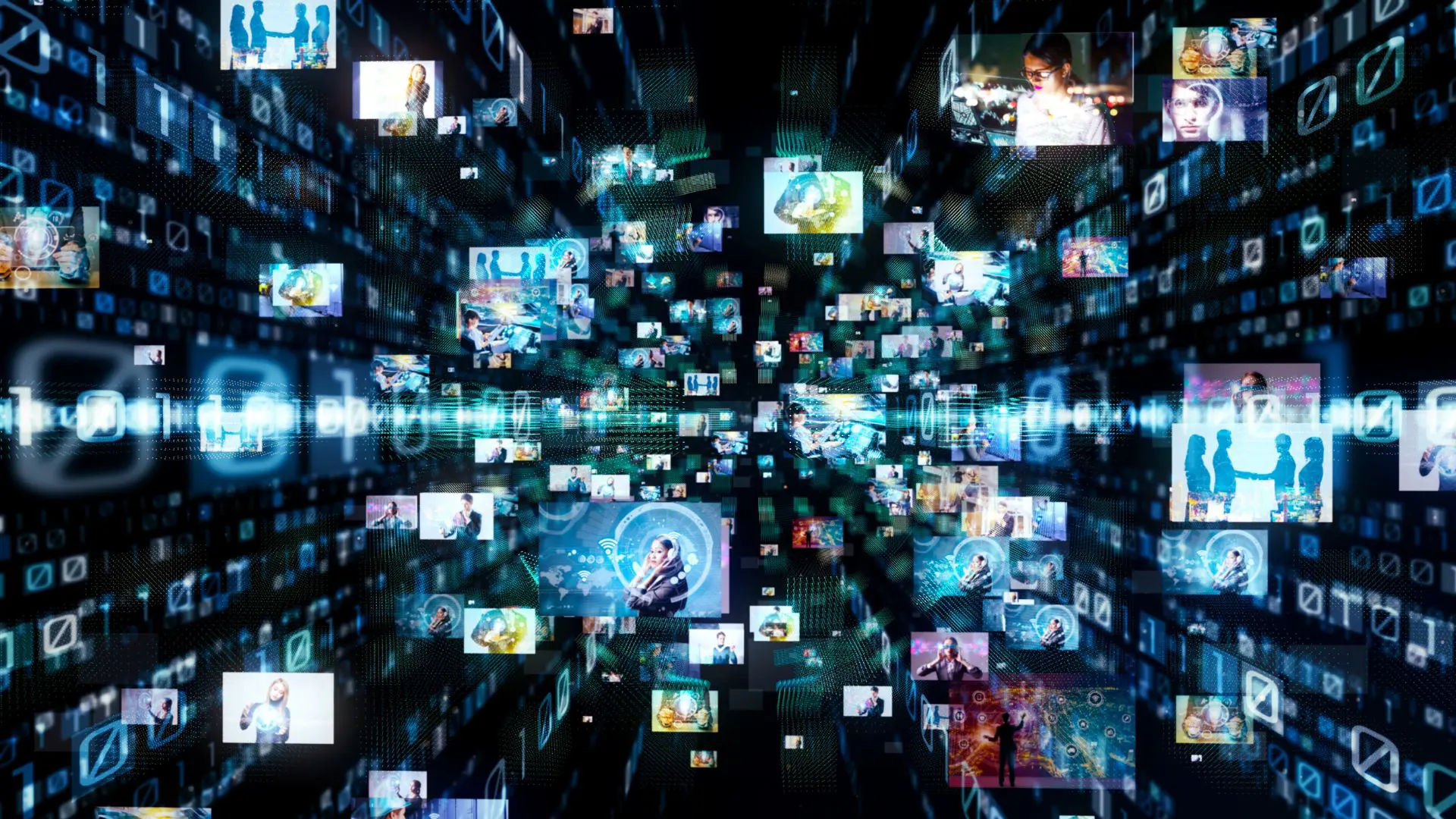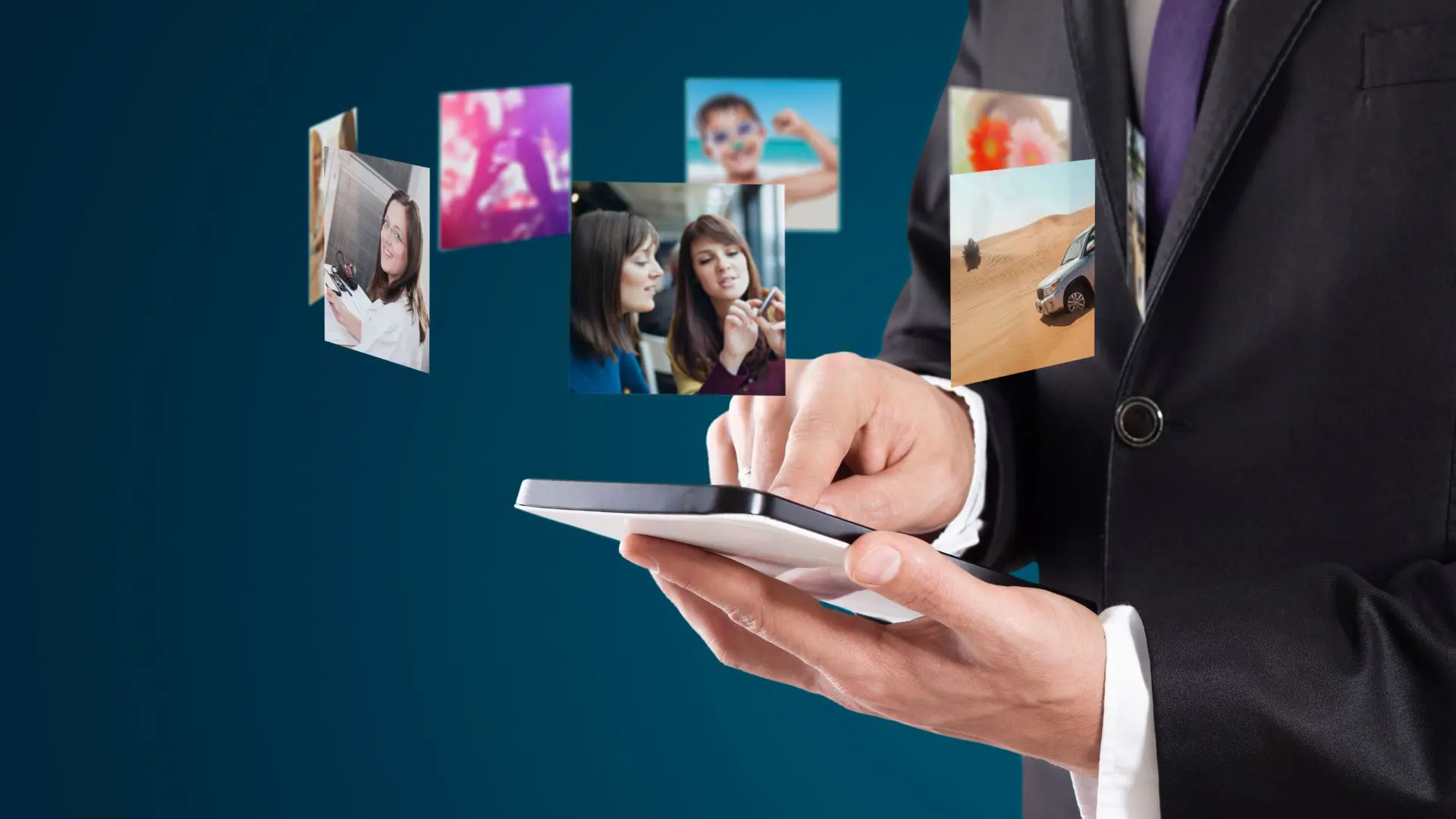In today's hyper-connected world, our lives are increasingly dominated by digital screens – from cellphones and tablets to laptops and smart TVs, technology has become an integral part of our daily existence.

While the digital age has brought countless benefits and conveniences, it has also given rise to a new phenomenon: digital overload. The constant barrage of notifications, emails, and social media updates can leave us feeling overwhelmed, anxious, and mentally drained. Constantly comparing ourselves and our lives to others, endlessly scrolling and binging, it can lead us down a deep deep rabbit hole.
Which is why it can be important and effective to incorporate Digital Detoxing into your life.
The Digital Dilemma: Finding Balance in a Wired World
Let's face it – we're addicted to our screens. Whether it's mindlessly scrolling through social media, compulsively checking emails or texts, or binge-watching our favorite TV shows, we're constantly tethered to our devices. And not just our devices, but they are everywhere. Electric Billboards, bus stops, digital advertisements on the sides of buses or cars. We are surrounded by digital devices. But at what cost? The relentless onslaught of digital stimuli can wreak havoc on our mental health, leaving us feeling stressed, anxious, and disconnected from the world around us. It's time to reclaim control of our digital lives and rediscover the joys of being present in the moment.

The Power of Unplugging: Benefits of a Digital Detox
The concept of a digital detox is simple yet profound: it involves temporarily disconnecting from all digital devices and platforms to give our minds a much-needed break. But the benefits extend far beyond mere relaxation – a digital detox can have profound effects on our mental, emotional, and physical well-being.
1. Improved Mental Clarity: By unplugging from digital distractions, we create space for mental clarity and focus. Without the constant barrage of notifications and alerts, our minds are free to wander, explore, and engage in deep, uninterrupted thought. Therefore boosting creativity.
2. Enhanced Creativity: When we're constantly plugged in, our creativity suffers. A digital detox allows us to tap into our inner reserves of creativity and imagination, leading to fresh ideas, insights, and inspiration.
3. Reduced Stress and Anxiety: The relentless onslaught of digital stimuli can trigger feelings of stress and anxiety. Especially by all of the subliminal messaging and comparing ourselves to one another even unintentionally. By disconnecting from our devices, we give our nervous systems a chance to reset and recalibrate, leading to reduced levels of stress and anxiety.
4. Better Sleep Quality: Exposure to blue light emitted by screens can disrupt our sleep-wake cycle and interfere with the production of melatonin, the hormone that regulates sleep. By unplugging from screens before bedtime, we can improve the quality of our sleep and wake up feeling more refreshed and rejuvenated. It’s also beneficial for our brains to wake up without screen usage in the morning.
5. Increased Productivity: Contrary to popular belief, constant connectivity doesn't necessarily lead to increased productivity. In fact, the opposite is often true – the constant barrage of digital distractions can hinder our ability to focus and get things done. By unplugging from digital devices, we can reclaim our time and energy, leading to increased productivity and efficiency.

Tips for a Successful Digital Detox:
Digital Detox doesn’t have to be as serious and scary as it may sound. Here are some tips to help you unplug and recharge:
1. Set Boundaries: Establish clear boundaries around your digital usage, such as designating certain times of day for screen-free activities. Or don’t utilize screens for the first hour or two you are awake.
2. Create Tech-Free Zones: Designate certain areas of your home, such as the bedroom or dining room, as tech-free zones where digital devices are not allowed. The dinner table is a big one here. Connect with your family, loved ones, roommates, whomever.
3. Plan Alternatives: Identify alternative activities to fill the void left by digital devices, such as reading a book, coloring, journaling, going for a walk, exercising or practicing mindfulness meditation.
4. Inform Others: Let friends, family members, and colleagues know that you'll be taking a digital detox so they can respect your boundaries and refrain from contacting you digitally. This doesn’t have to be taken too seriously in terms of letting people know. Live your life, respond when you get back to them. Take ownership and charge of your space and time.
5. Start Small: If the idea of a complete digital detox feels daunting, start small by taking short breaks from digital devices and gradually increasing the duration over time.
Embracing the Joy of Missing Out:
In a world that glorifies busyness and constant connectivity, the joy of missing out (JOMO) has become a radical act of self-care. By embracing the art of digital detoxing, we reclaim our time, our energy, and our sanity, allowing us to live more fully in the present moment and savor the simple pleasures of life. So go ahead – unplug, unwind, and embrace the joy of missing out on the digital noise. Even if it’s just for a little. Your mind, body, and soul will thank you for it.